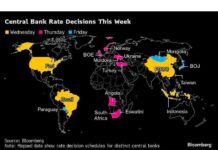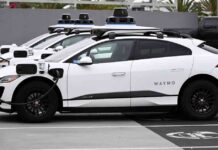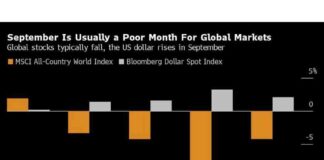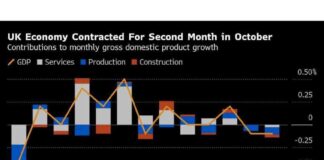The intertwining of Artificial Intelligence (AI) and blockchain technology may initially seem like an unlikely pairing, given their distinct functionalities and requirements. However, recent developments in the tech industry have showcased the potential for these two innovative technologies to complement each other and drive significant advancements in various sectors.
The Power of Data in AI and Blockchain Integration
AI is known for its ability to leverage vast amounts of data to fuel machine learning algorithms and drive intelligent decision-making processes. On the other hand, blockchain technology is renowned for its emphasis on decentralization, transparency, and security in data management. When these two technologies converge, the possibilities for enhancing data processing, sharing, and security become even more promising.
One notable example of this convergence is the Ocean protocol, which serves as a decentralized data exchange platform that enables AI systems to access and analyze diverse datasets while ensuring data privacy and security. By leveraging blockchain technology, Ocean facilitates the seamless exchange of data between various parties, empowering AI applications to operate more efficiently and effectively.
Similarly, ThoughtAI is another innovative project that integrates AI and blockchain directly into data and information layers, eliminating the need for traditional application frameworks. This integration not only streamlines the data processing and analysis processes but also enhances the adaptability and responsiveness of AI systems, paving the way for transformative advancements in how technology interacts with and manages information.
Challenges and Solutions in AI/Blockchain Integration
While the integration of AI and blockchain holds immense potential for driving technological innovation, it also presents significant challenges, particularly in terms of scalability. Traditional blockchain architectures often struggle to keep up with the demands of high-performance AI applications, leading to limitations in data availability and transaction throughput.
To address these scalability challenges, platforms like 0G have emerged as pioneering solutions that aim to revolutionize data availability and storage on the blockchain. By implementing a scalable Data Availability (DA) service layer on top of a decentralized storage system, 0G significantly enhances data transfer volumes and transaction speeds, making it possible for AI applications to operate seamlessly on the blockchain.
One of the key advantages of 0G is its exceptional performance metrics, with data transfer speeds reaching up to 50 gigabytes per second—50,000 times faster than its competitors. Additionally, the cost-efficiency of 0G makes it a compelling choice for businesses looking to leverage AI and blockchain technologies without incurring exorbitant expenses.
Unlocking New Possibilities in AI and Blockchain
The enhanced scalability and performance of platforms like 0G open up a myriad of possibilities for AI and blockchain integration across various industries. In the financial sector, for instance, the seamless operation of AI-powered trading algorithms on the blockchain can revolutionize the efficiency and accuracy of financial transactions, leading to more profitable outcomes for businesses and investors alike.
Moreover, the implementation of large-scale federated learning systems on the blockchain could pave the way for breakthroughs in privacy-preserving AI, where multiple parties can collaborate on training AI models without compromising sensitive data. This approach holds immense potential for sectors like healthcare, where data privacy is paramount, but collaborative research is essential for driving medical advancements and improving patient outcomes.
As we look towards the future, the convergence of AI and blockchain technology is poised to continue expanding and evolving, presenting a massive economic opportunity for businesses and platforms that can successfully navigate this intersection. With the AI industry projected to reach a value of $1.3 trillion by 2030 and the blockchain market expected to grow to $248.8 billion by 2029, the transformative potential of these technologies across global sectors is undeniable.
In conclusion, the integration of AI and blockchain technology represents a significant step towards unlocking new possibilities for data management, analysis, and security in the digital age. By leveraging the unique strengths of AI and blockchain in a synergistic manner, businesses and industries can drive innovation, streamline processes, and create value in ways previously thought impossible. As the tech world continues to embrace this convergence, the future of technology looks brighter than ever before.






















